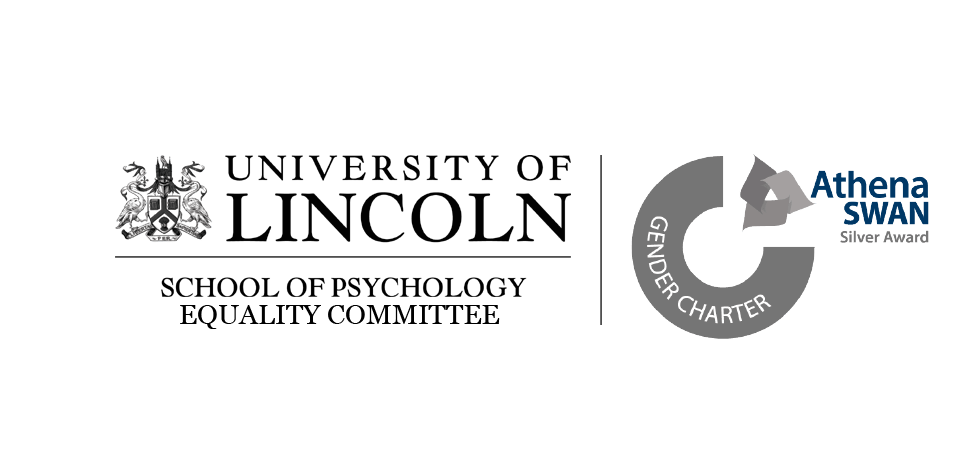EDI stands for Equality, Diversity & Inclusion
We believe that all individuals or groups of individuals, in the areas of gender, race, disability, religion or belief, sexual orientation and age, should be treated fairly and equally, specific to their needs, and given an equitable chance to access opportunities.
What is equality?
Equality is a term that is widely used in society, with progress toward equality – in status, rights, and opportunities – one of the ideals of a democratic society. Equality recognises that historically, certain groups of people with particular characteristics e.g. race, disability, sex and sexuality, have experienced discrimination.
Equality is about ensuring that individuals or groups of individuals are treated fairly and equally, and have equal opportunity to make the most of their talents and fulfil their potential. It is about creating a fairer society, where everyone can participate and where no one should have poorer life chances because of where, what or whom they were born, or what they believe
Why is equality important?
As a core principle that underpins a fair society, equality is key to improving the quality of life and opportunities for everyone. It prevents any one section of a society from dominating others, and recognizes that some people may need more support than others in order to achieve their full potential. Studies have shown that more equal societies have better education and general health, more innovation, higher social mobility and more trust (Wilkinson & Pickett, 2009), with individuals, families, communities, companies, and economies all shown to benefit. Equality in the workplace and an inclusive organizational culture in which everyone feels valued, makes for a more effective and productive workforce, promoting an environment with high employee morale where employees are motivated to openly contribute in a positive way.
Wilkinson, R. and Pickett, K. (2009). The Spirit Level: Why Equality is Better for Everyone (London: Allen Lane).
What is diversity?
Diversity is a concept that encompasses acceptance and respect, and recognises that each individual is unique, with individual differences. These may be differences in race, ethnicity, gender, sexual orientation, socio-economic status, age, physical abilities, religious beliefs, political beliefs, or other ideologies. Diversity is about understanding each other and moving beyond simple tolerance to embracing and celebrating the rich dimensions of diversity contained within each individual.
What is inclusion?
Inclusion is about positively striving to meet the needs of different people and taking deliberate action to create environments where everyone feels respected and able to achieve their full potential. A phrase often used in this context is equality of opportunity, meaning how we can ensure the full range of relevant people and groups have similar access to opportunities.
